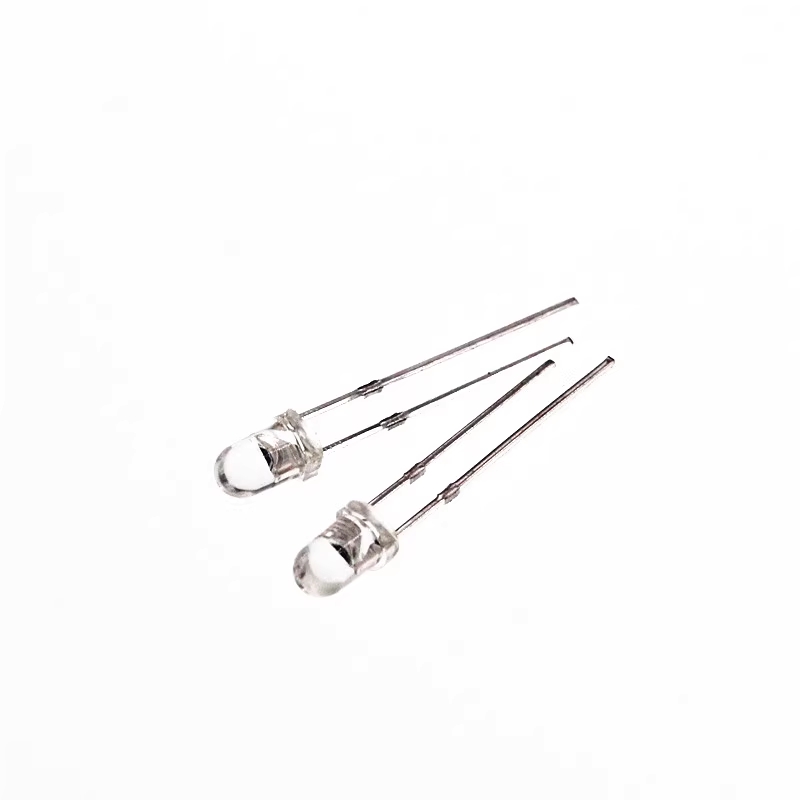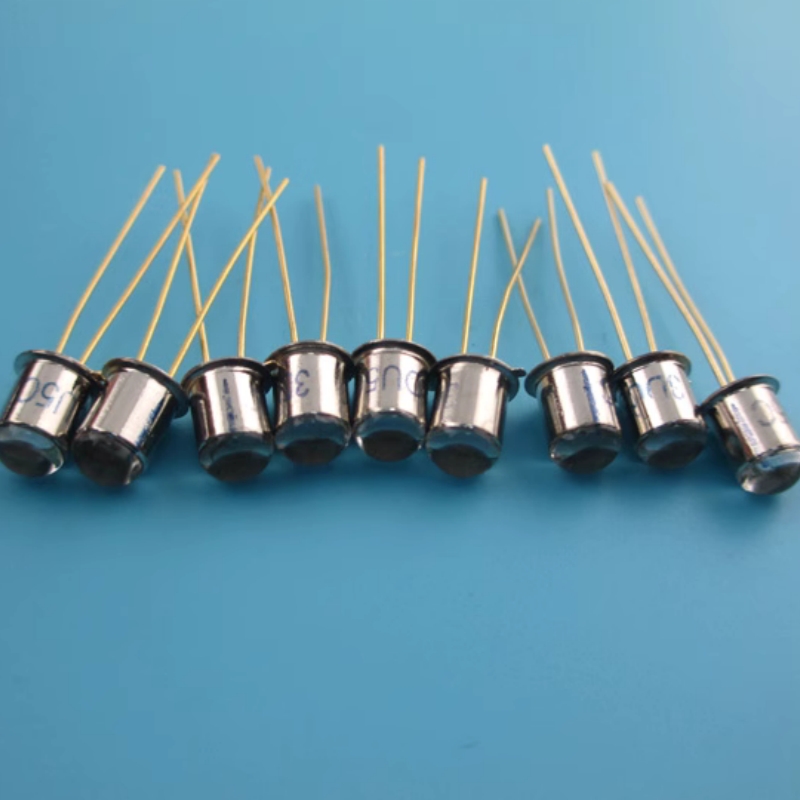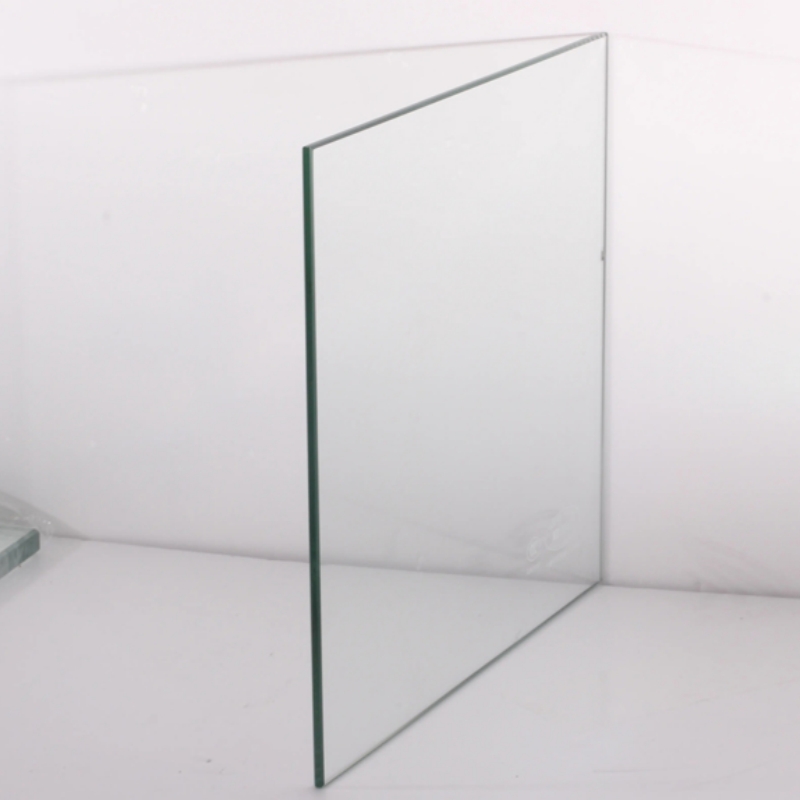Fluorine carbon plate is a high-performance composite material engineered for exceptional chemical resistance, thermal stability, and electrical insulation. Manufactured using fluorinated carbon compounds and advanced processing techniques, this plate offers superior durability, low permeability, and optimized mechanical strength. It is widely used in aerospace applications, semiconductor equipment, chemical processing, and energy storage systems, ensuring reliable performance in harsh environments requiring advanced material properties.
Product Overview
Fluorine carbon plate is specifically designed as an anode material for medium-temperature electrolytic fluorine production cells. The manufacturing process involves blending calcined petroleum coke with coal tar pitch in a specific ratio, followed by shaping and baking, sometimes with impregnation and secondary baking. This carbon plate material is highly critical for electrolytic fluorine electrodes, exhibiting excellent fluorine and hydrogen fluoride corrosion resistance, low resistivity, good electrolyte wettability, and minimal overvoltage. Its high mechanical strength ensures stable long-term use under high current density conditions, and its high density and excellent fragmentation characteristics allow fragments to settle at the bottom of the electrolytic cell, effectively preventing inter-electrode short circuits.
Features
- Fluorine Corrosion Resistance: Excellent resistance to fluorine and hydrogen fluoride corrosion, ideal for the harsh environment of fluorine electrolysis.
- Low Resistivity: Low electrical resistivity, ensuring efficient electrolysis performance.
- High Mechanical Strength: Retains high mechanical strength under high current density, ensuring stable long-term operation.
- Good Wettability: The electrolyte has good wettability with the material, resulting in minimal overvoltage and improved electrolysis efficiency.
- High Density: Fragments rapidly settle at the bottom of the electrolytic cell to prevent inter-electrode short circuits.
- Low Porosity and Ash Content: Low porosity and ash content, ensuring high purity and reliable performance.
Applications
- Medium-Temperature Fluorine Electrolysis: Used as the anode material in electrolytic fluorine production cells.
- Electrolytic Cell Anodes: Widely used in electrolytic cell anode systems due to its corrosion resistance and good conductivity.
- Metallurgical Industry: Can be used as electrode and anode materials in metallurgical processes.
- Chemical Industry: Suitable for other electrolytic reaction processes as an anode electrode material.
| Product Specification (mm) | 306×75×610; 180×60×610 |
| Technical Parameters | |
| Density (g/cm³) | ≮ 1.68 |
| True Density (g/cm³) | ≮ 2.02 |
| Fixed Carbon (%) | ≮ 98.5 |
| Porosity (%) | ≮ 20 |
| Ash Content (%) | ≮ 0.5 |
| Specific Resistivity (μΩ·m) | ≮ 40 |
| Bending Strength (MPa) | ≮ 20 |
| Compressive Strength (MPa) | ≮ 70 |
Submit Your RequirementsWe will contact you within 24 hours.
 WOBO Scientific Research New Materials One-Stop Service Platform
WOBO Scientific Research New Materials One-Stop Service Platform











